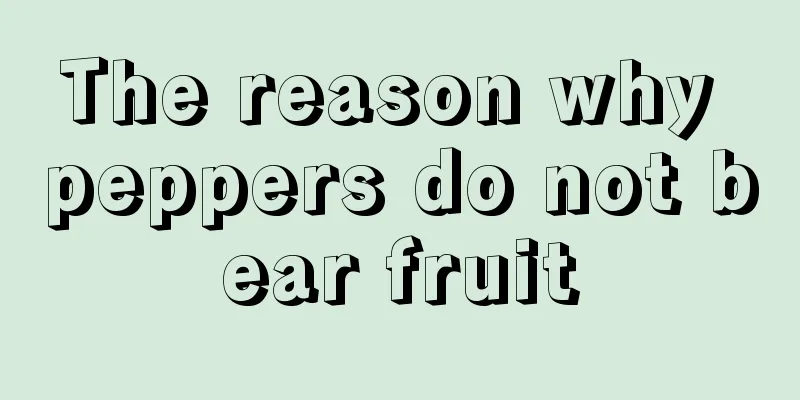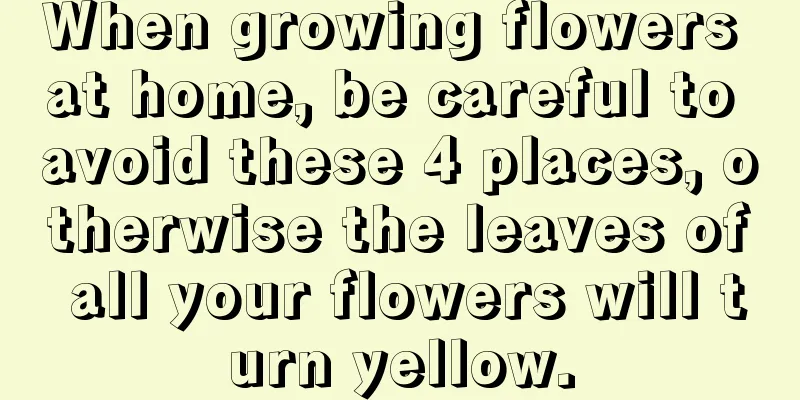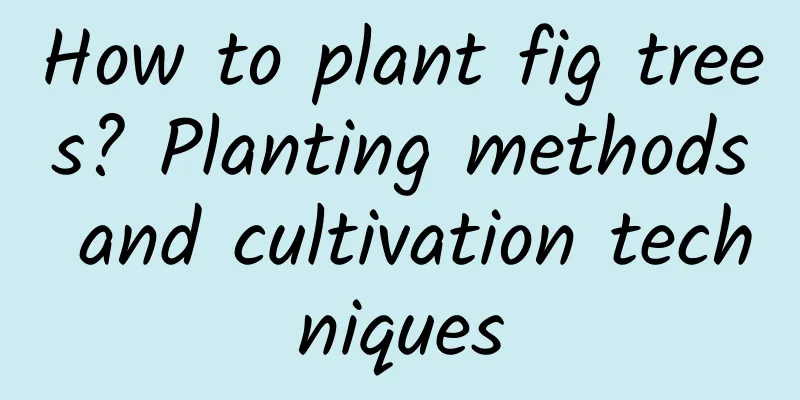The reason why peppers do not bear fruit

|
As a popular condiment and vegetable , chili pepper occupies an important position in the food culture of many parts of the world and has a huge market demand. In some places, chili peppers are an essential ingredient in almost every dish, or even every meal. So what are the reasons why peppers bloom but do not bear fruit? 1. Pollination issues If peppers encounter severe weather such as heavy rain and strong winds during the flowering and pollination period, pollination may be hindered and the flowers may fall off prematurely. Therefore, erratic weather conditions are one of the main reasons for poor pollination in pepper. 2. Plants grow too long Excessive application of nitrogen fertilizer may cause the pepper plants to grow too vigorously and have too lush branches and leaves, thus affecting flowering and fruiting. If the plant grows too tall, it will consume too many nutrients, resulting in the flowers and fruits not getting enough nutrients, thereby reducing the fruit-bearing rate. 3. Variety selection Differences in climate and soil conditions in different regions may affect the adaptability and fruiting rate of pepper varieties. Choosing pepper varieties suitable for the local environment is the key to ensuring a high fruit set rate. 4. Temperature influence The ideal temperature for pepper flower bud differentiation is about 27℃. Temperatures that are too low or too high will affect the normal differentiation of flower buds, resulting in flowering but no fruiting. 5. To prevent peppers from blooming but not bearing fruit, the following measures can be taken: Before flowering, properly trim the dense branches and leaves to provide sufficient light and space, and concentrate nutrients to supply flowers and fruits. When encountering bad weather during the flowering period, covering measures should be taken to protect the flowers. Control water management well, avoid overwatering during the flowering period, and reduce the risk of falling flowers and fruits. Use growth regulators and growth control agents to regulate the growth of peppers, and pay attention to supplementing trace elements to improve crop absorption efficiency. 6. If the phenomenon of flowering but no fruiting has occurred, measures should be taken immediately: For peppers grown in greenhouses, the temperature must be controlled to avoid extreme temperatures. When growing peppers outdoors, pay attention to drainage during rainy seasons and strengthen insulation measures when the temperature is low. In short, reasonable fertilization, control of water and light, and creating a suitable growth environment for peppers can effectively prevent and reduce the situation where peppers only bloom but do not bear fruit, thereby increasing yield and quality.
|
<<: How to take care of the newly bought groundroot
>>: How to take care of the newly bought petals
Recommend
How to grow Rudbeckia
1. Soil Rudbeckia can basically adapt to all soil...
How to propagate Michelia scabra
Cuttings Time of choice This method of reproducti...
What are the benefits of keeping rubber trees at home?
Green vacuum cleaner Although the rubber tree is ...
Maintenance methods of Clivia in summer
Avoid direct sunlight and exposure to the sun The...
Does the cinnabar root prefer shade or sun?
Does the cinnabar root prefer shade or sun? Cinna...
Dendrobium pest control methods
Dendrobium has thick stems and leaves and is extr...
How to grow star buds, is it better to use a deep pot or a shallow pot?
1. Breeding methods 1. Planting material: Star fl...
How to grow morning glory in spring
1. Increase lighting The branches and leaves of m...
How to grow pineapple flowers
1. Selection of potting soil A well-drained subst...
What plants are easy to grow and bring wealth to the living room? What flowers are beautiful and bring wealth to the living room?
Money Tree We are very familiar with green planti...
How long does it take for violet leaves to germinate?
How long does it take for violet leaf cuttings to...
What does it mean to plant water chestnuts in deep water and rice in shallow water, and plant lotus in neither deep nor shallow water?
“Plant water chestnuts in deep water, plant rice ...
Can lychees be grown in Chongqing?
Can lychees be grown in Chongqing? Lychees can be...
What soil is best for growing Christmas cactus
1. Requirements for soil (1) The soil should be l...
Can I plant onions in June?
Green onions have a long history of cultivation i...









